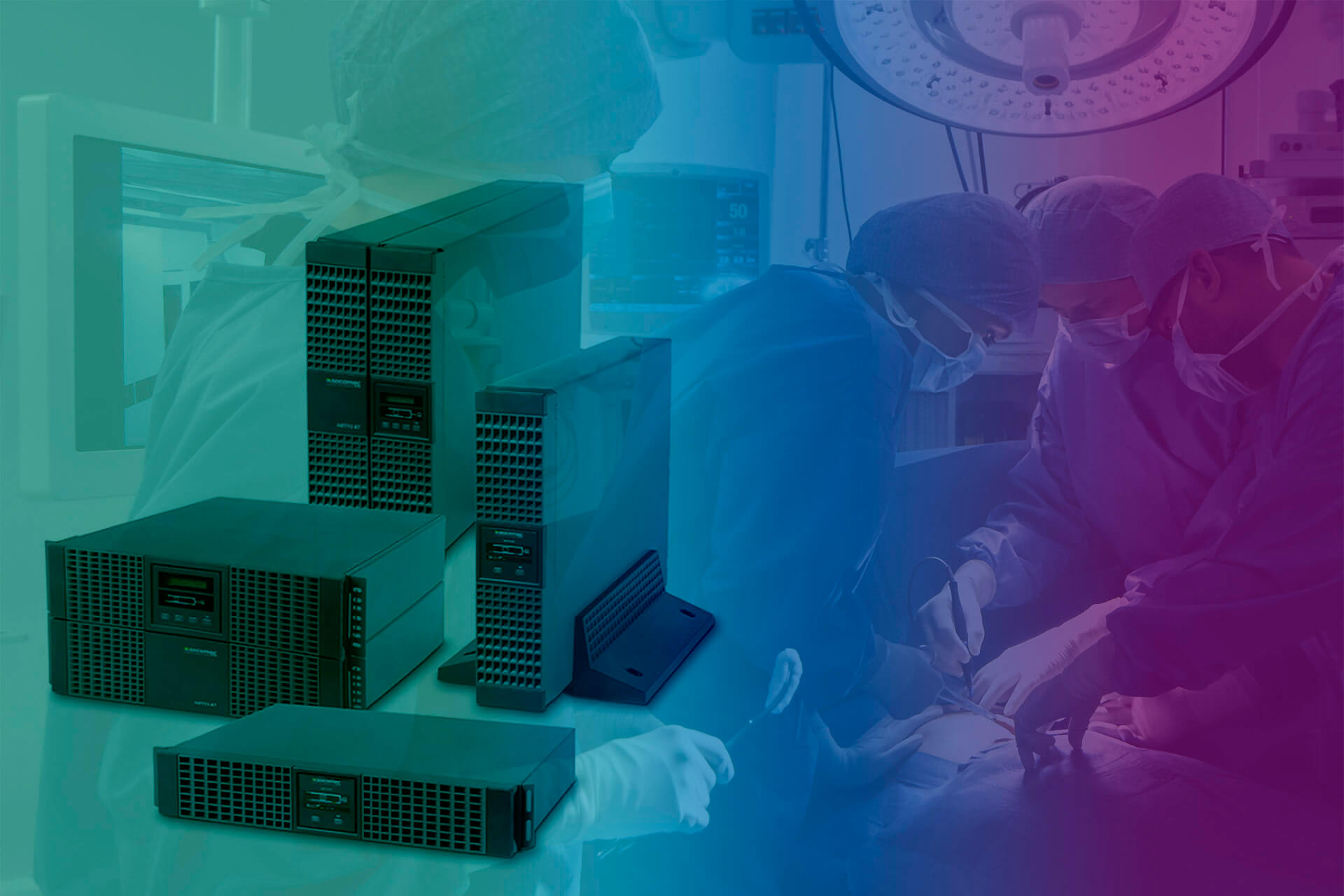Uninterruptible Power Supply Systems (UPS) in hospitals guarantee the continuity of energy.
Uninterruptible Power Supply Systems (UPS) have emerged as essential components in the infrastructure of various sectors, highlighting their crucial role in critical environments such as hospitals. That is why it is so important to invest in renewing and acquiring new UPS systems for healthcare centers.
Electrical outages and voltage alterations are more frequent than desirable, and during that time the devices cannot stop working.
What are Uninterruptible Power Supply Systems?
There are a series of high-risk areas in hospitals, also known as critical hospital areas. In these spaces (operating rooms, emergency rooms, etc.) there are patients who need, more than anyone else, a safe environment free of any type of risk to their health and their own lives. Including electrical risks.
UPS are devices designed to provide continuous electrical power to electronic equipment, especially in power outage situations. In this way, its main function is to ensure continuity in the electrical supply, avoiding data loss and protecting equipment sensitive to voltage fluctuations.
An interruption in a hospital’s power supply, even for a few seconds, can interrupt thousands of interdependent operations.
To this we must add the possible breakdowns in said devices and the costs of repairing damage, loss of data, etc.
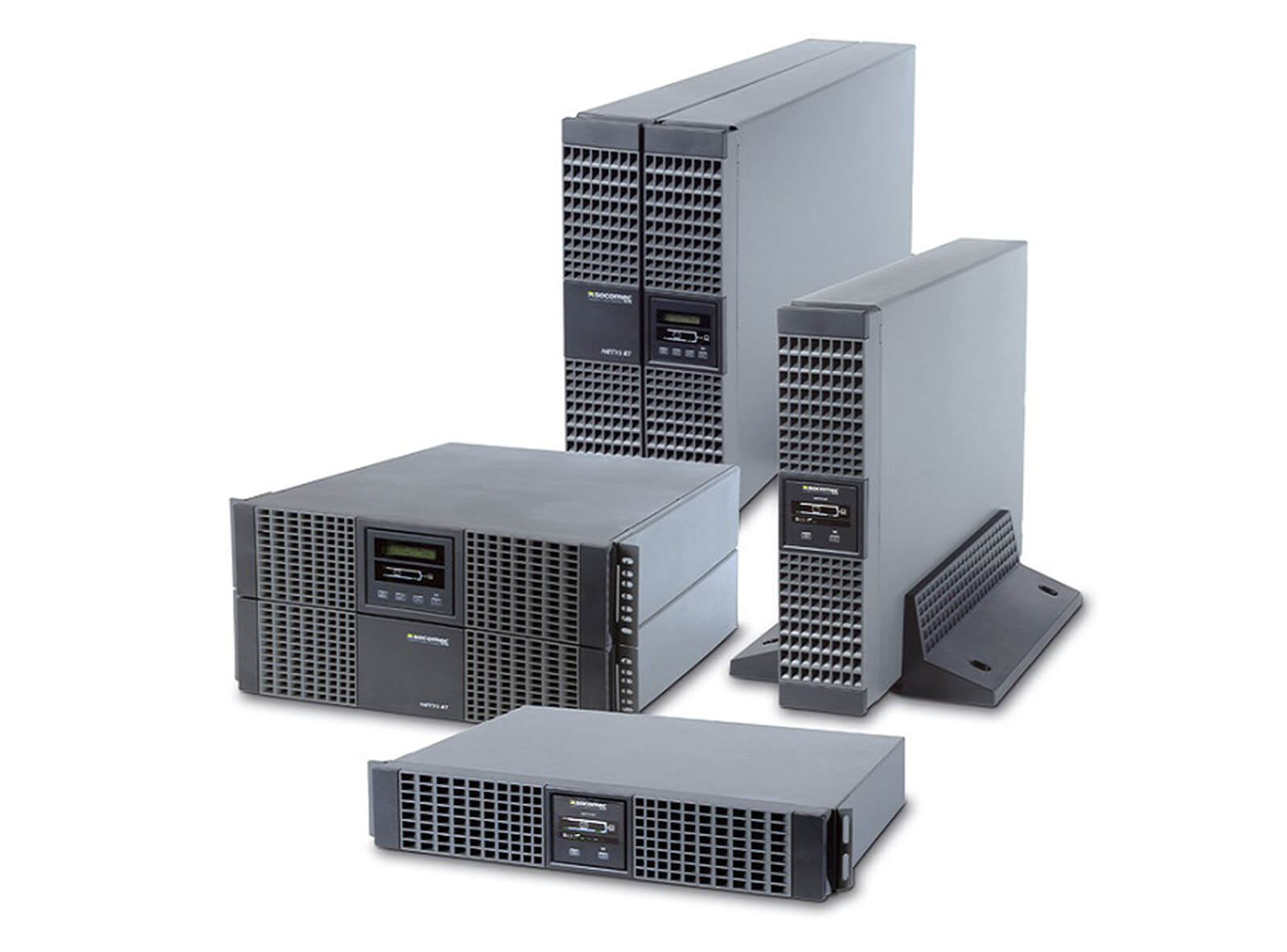
Operation in hospitals
In a hospital environment, where patients’ lives largely depend on critical medical equipment, the presence of UPS is undoubtedly an indispensable element.
These systems are interconnected with the hospital’s electrical infrastructure and automatically spring into action in the event of any interruption, ensuring that medical equipment continues to operate smoothly.
UPSs used in hospitals are typically high capacity, designed to withstand critical loads for long periods.
In addition, they incorporate advanced monitoring and management technologies to guarantee optimal performance. The ability to self-diagnose and the ability to make smooth transitions are crucial in these sensitive environments.
Power supply failures find an immediate solution in energy reserve systems. However, from the moment the failure occurs until it is resolved by the power generators, vital seconds pass that can lead to significant problems.
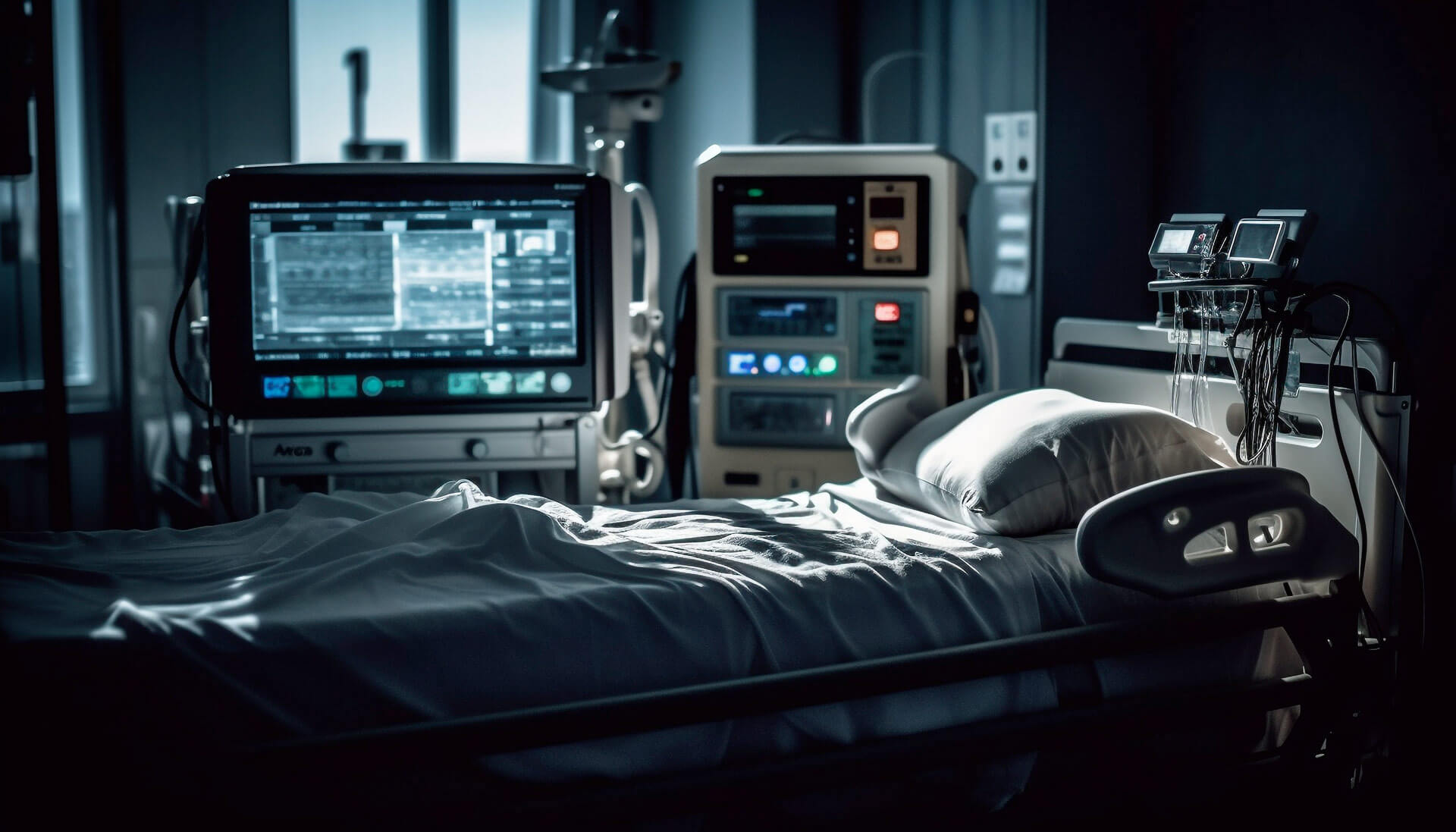
Guaranteeing the best healthcare
In the healthcare sector, uninterruptible power supplies work and work to protect devices in the areas of IBMS (Intelligent Building Management System) and HMIS (Health Management Information System).
“UPS systems like the ones we supply from ETKHO to hospitals are protecting practically all of the services within a hospital: operating rooms, ICUs, emergencies, diagnosis, hemodialysis, rooms, etc. in addition to auxiliary services, such as customer service, administration, data centers, servers… “
Ultimately, the importance of UPS in hospitals lies in their ability to preserve life.
From life support equipment to monitoring systems, every critical component depends on electricity.
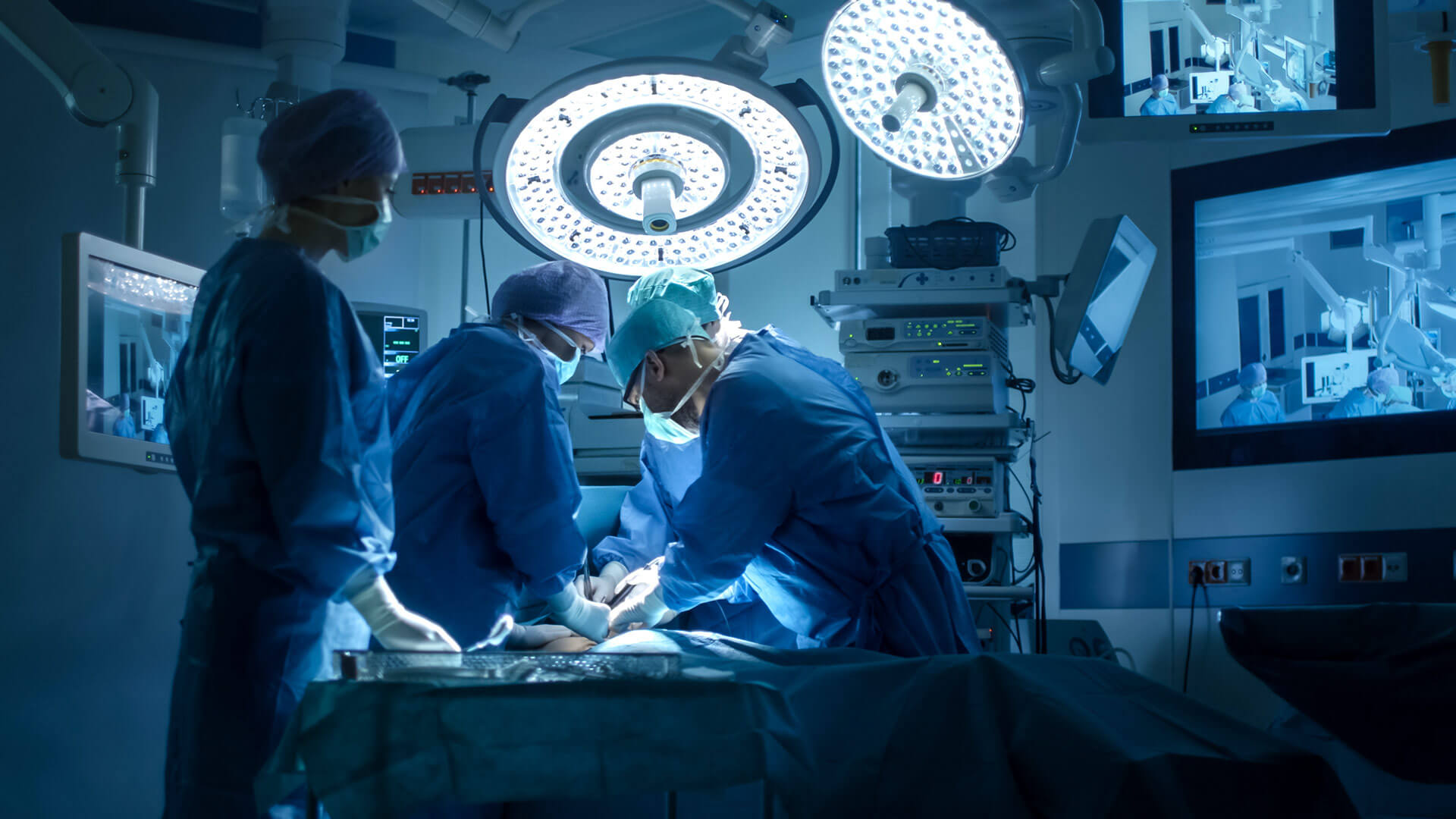
An efficient UPS ensures that these critical elements remain operational, even in adverse situations. Furthermore, due to its own characteristics, implementing UPS in healthcare centers means:
1. Continuity in the provision of health services
Its main advantage is that it ensures that medical equipment is not affected by power outages, allowing continuity in the provision of health services. This is vital for the well-being of patients, especially those in critical situations.
2. Protection of sensitive equipment
Medical equipment is often sensitive to voltage fluctuations and can be easily damaged. UPS act as a protective barrier, ensuring that such equipment operates efficiently and prolonging its useful life.
3. Prevents loss of crucial data
In hospital environments, where large amounts of medical data are generated and stored, the loss of information can have serious consequences. UPSs ensure data integrity, ev
What happens if hospitals do not have UPS?
It is a fact that the absence of UPS in hospitals can have catastrophic consequences.
In addition to the immediate disruption of medical services, there could be loss of life due to lack of access to vital equipment. Vulnerability of medical data, potential degradation of medical equipment, and inability to perform critical procedures are other serious consequences.
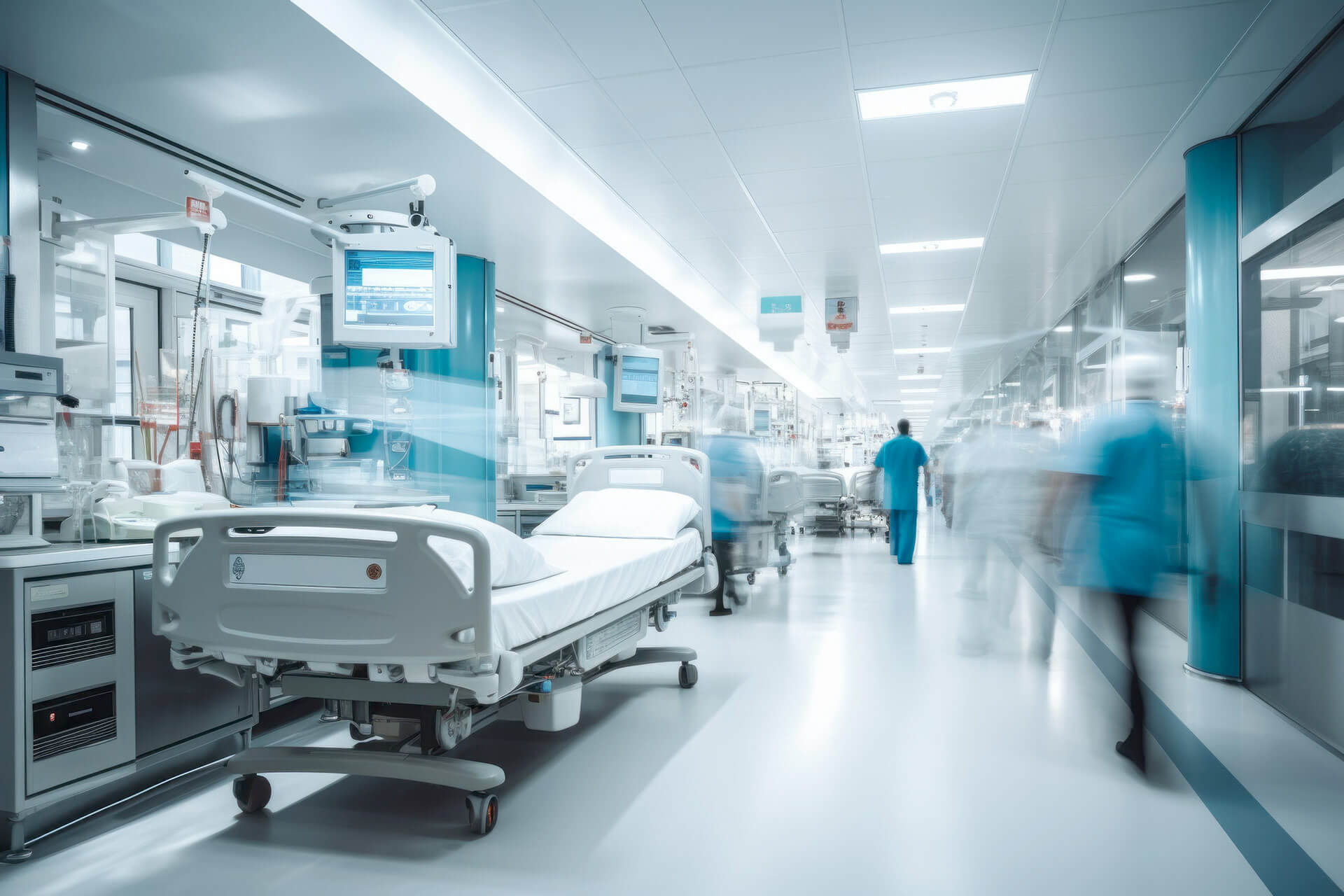
Let’s look at a real example to understand how relevant a UPS can be.
The La Princesa Hospital in Madrid, some time ago, lost almost 300,000 euros in medicines due to an electrical failure that damaged drugs after one of the refrigerators in the center’s pharmacy service was disconnected for two days.
Hence, we emphasize the importance of betting and investing in improving and implementing these systems. This is what the Virgen de la Arrixaca Hospital has recently done, which will have a system to guarantee its uninterrupted electricity supply. The UPS equipment will be installed in the General Low Voltage Panel of the General Hospital building.
“Uninterruptible Power Supply Systems play a key role in preserving life and operational efficiency in hospital environments.“
Its implementation not only ensures continuity in the provision of health services, but also protects sensitive equipment and guarantees the integrity of medical data.
The dependence of hospitals, clinics and medical centers on electricity to operate normally makes the UPS a necessity. Therefore, at Etkho we invite you to safeguard a clean electrical current without surges, voltage drops, total power insufficiency and frequency differences with the implementation of a UPS system.


